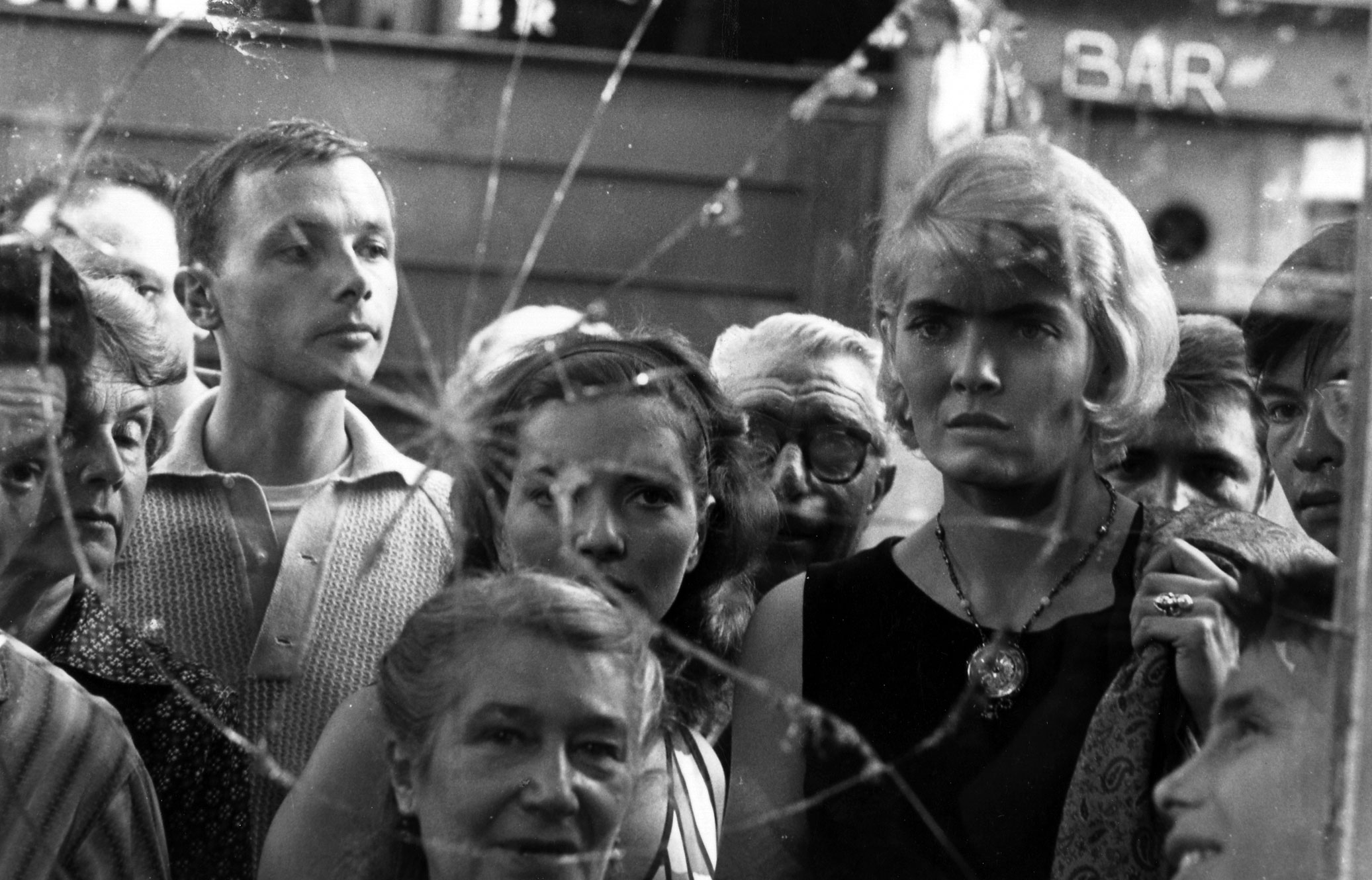Film depictions of things women have historically enjoyed—shopping, for instance—have long gotten short shrift from male critics, as if standing against frivolity were by itself a proclamation of seriousness. In Agnès Varda’s Cléo from 5 to 7, the Cléo of the title, a self-absorbed pop singer played by Corinne Marchand, spends an anxious day in her home city of Paris awaiting a possible cancer diagnosis; her doctor has promised her an answer that evening. Throughout the day she argues with her assistant and rails against the boisterous songwriters who come by her spare, chic, spacious digs to bring her some new songs. She’s electric with worry—but at one point she pauses in front of a shop window, marveling at a display of fanciful hats, and dips inside, trying on one concoction after another before choosing the one she believes suits her best. Varda’s film is a marvel of spontaneity and ingenious techniques—she captures the casual everydayness of Parisians on the street, circa 1962, and uses mirrors to work out clever split-screen effects. But Varda also knew the power of shopping. In that hat shop, Marchand’s Cléo, ice-cool but also deeply touching, enacts a temporary re-invention of the self, well known to anyone who loves clothes and other accouterments. For a moment, turning this way and that in the shop’s various mirrors, she’s defying fate in favor of living in the moment. If that’s frivolity, let’s have more, and tie it with a bow.
- Donald Trump Is TIME's 2024 Person of the Year
- Why We Chose Trump as Person of the Year
- Is Intermittent Fasting Good or Bad for You?
- The 100 Must-Read Books of 2024
- The 20 Best Christmas TV Episodes
- Column: If Optimism Feels Ridiculous Now, Try Hope
- The Future of Climate Action Is Trade Policy
- Merle Bombardieri Is Helping People Make the Baby Decision
